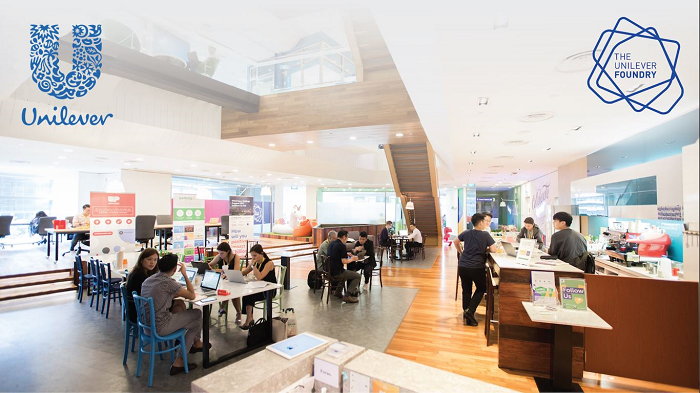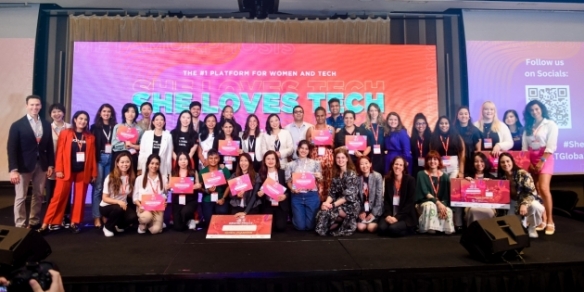Report by Unilever Foundry reveals major benefits to corporate, scaleup collaboration
By Digital News Asia March 29, 2019
- Collaboration between larger companies & scaleups, contributed US$3.7bn to Asia-Pac GDP
- 99% of scaleups across Asia-Pacific are actively seeking out opportunities to collaborate

Unilever Foundry, Unilever’s global platform for partnering with the world’s best startups, has released new research in partnership with the Centre for Economics and Business Research (CEBR), which reveals the positive commercial and economic impact of collaboration between large firms and scaleups.
CEBR defines ‘scaleup’ as an enterprise with an average annual growth – in employment or revenue – of at least 20% over three-consecutive years and at least 10 employees at the start of the three-year period.
The report, Collaborating Culture, provides a unique qualitative and quantitative economic analysis of the benefits of collaboration between smaller and larger firms across Asia-Pacific (Asia-Pacific refers to a weighted average of Hong Kong and Singapore) – for the first time revealing how collaboration positively accounted for 1.13% of national income across a representative, weighted average of Singapore and Hong Kong in 2017, with a realised contribution of US$3.7bn to GDP.
Collaborating Culture also analysed the potential impact of scaleups which collaborate with larger firms and how they could use higher profits for productive investment, which would result in a long-run increase in GDP growth, thanks to the increase in the productive potential of the economy. It is estimated that current levels of collaboration and subsequent investment account for 0.4% long-run growth in GDP for economies across Asia-Pacific.
Scaleups that have embraced collaboration models helped to provide an aggregate contribution of approximately 10.6%, to average yearly economic growth since 2011. This has stimulated investment in talent, business development and R&D, spurring an increase in innovation, technological development, thereby encouraging longer-term economic uplift as a result across Asia-Pacific. By comparison, in the US and United Kingdom this contribution reached 4.9% and 23.6%, respectively.
Collaborating Culture also found:
• Scaleups predominately define collaboration through commercial relationships, joint ventures, marketing and financial support. By contrast, relatively few scaleups define collaboration in terms of R&D pooling – this may be due to issues of intellectual property.
• Scaleups assert that 28% of all revenue and 29% of sales volumes and 29% of profits can be contributed to the positive effects of collaboration.
• 89% agree that collaboration has increased their competitiveness, drive growth and enhance innovation.
• 87% agree that collaboration has increased their credibility as a business, providing a stronger foundation for future success.
• SMEs across Asia-Pacific have a higher propensity to collaborate relative to SMEs in the UK and the US. For example, 28% of SMEs respondents across Asia-Pacific engage in commercial relationships, relative to 23% in the UK and US. Furthermore, 27% of SME respondents across Asia-Pacific engage in marketing/sales bundling forms of collaboration, relative to 14% in the UK and 21% in the US.
Commenting on Collaborating Culture, Aline Santos, EVP global marketing, global chief diversity & inclusion at Unilever: “Collaborating Culture confirms that interaction between larger businesses and scaleups is thriving with benefits realised for both parties and for national economies in the short and long-term.”
Economists, policymakers, and innovation leads within large organisations should be encouraged and inspired to expand collaboration models and programmes to take advantage of the economic opportunity clearly available.
“The pace of change and influx of new digital tools and tech solutions requires every business to be flexible and collaborative in its approach. Diversity of talent and ideas has never been so crucial to Unilever’s innovative mindset, and Unilever Foundry has been a key player in facilitating this over the last four years.”


